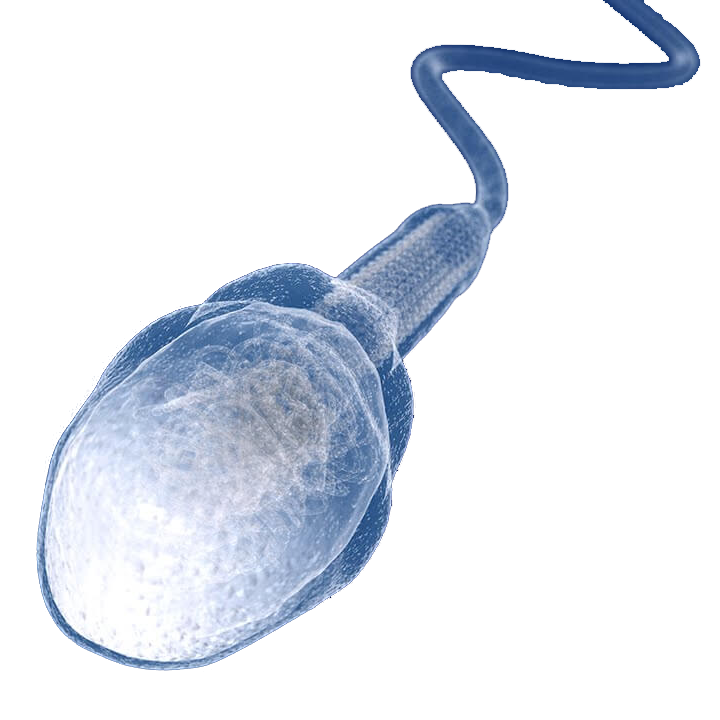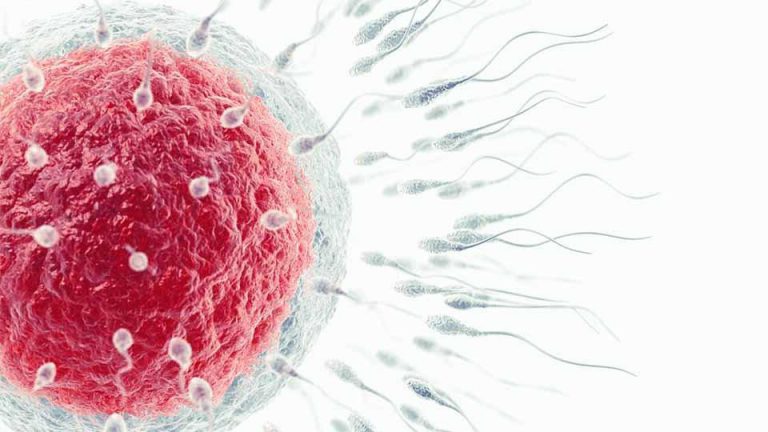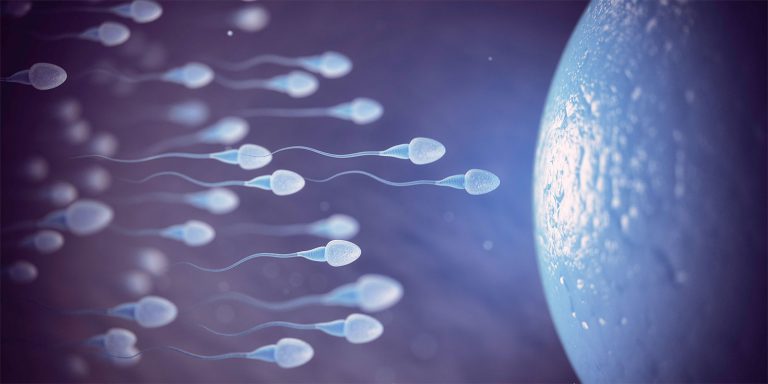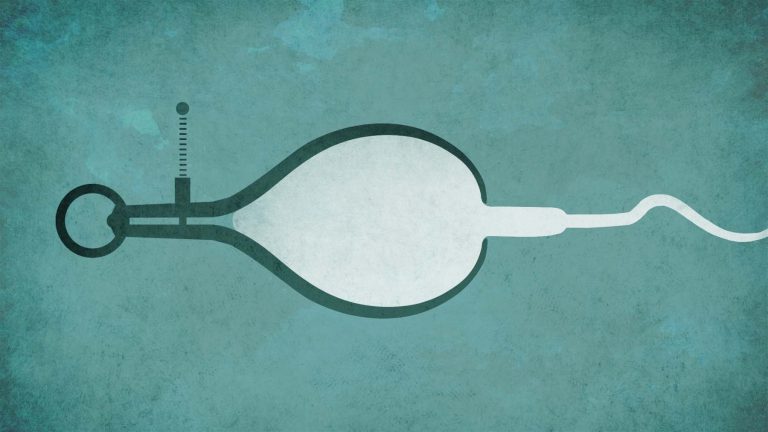Drinking alcohol – even in moderation – can have a dramatic effect on the reproductive system. It can impact hormone production and decrease semen parameters such as sperm count, motility, morphology, and concentration.
Alcohol and Male Fertility
A large Danish study of 1221 healthy young men between the ages of 18-28 found that even modest drinking habits – as little as 5 drinks per week – can negatively affect the amount of sperm produced, the concentration of sperm per milliliter of semen, and the morphology of sperm (a measure of how well-formed the sperm are).
As you might expect, the more alcohol a person drinks regularly, the more serious the effects on sperm quality. The same study showed that the most significant impairment in sperm quality was found in men who regularly drank more than 25 drinks per week.
Sperm Quality Testing. Easy, Mail-in Kit.
Order NowAlcohol’s Effect on Testosterone Production
Excessive alcohol consumption has been shown to drastically reduce testosterone production and even shrink the testicles, where testosterone is produced in men. Because testosterone is directly involved in almost all parts of the male reproductive process, the reduction in testosterone caused by alcohol can cause a range of additional effects, including reduced fertility and impotence, or the inability to get an erection.
Some studies have shown a serious reduction in testosterone levels for days after even a single dose of alcohol. This is partially because alcohol increases the body’s ability to eliminate testosterone from the blood, and partially because alcohol also increases the body’s natural ability to convert testosterone into estrogen. (Despite their reputations as “male” and “female” hormones respectively, testosterone and estrogen are found in both men and women, and both hormones are necessary for healthy reproductive functioning. However, healthy men should have more testosterone than estrogen, and vice versa for women.)
Alcohol’s Effect on Sperm Quality
In order to produce healthy, normal sperm, the body must produce testosterone, luteinizing hormone (LH), and follicle-stimulating hormone (FSH), and these hormones in turn help maintain certain cells in the testicle called Sertoli cells.
Sertoli cells produce a protein that nurtures sperm and helps them develop normally. However, alcohol reduces the production of all of these hormones, which leads to the deterioration of the Sertoli cells. This results in fewer sperm and more malformed sperm which cannot swim well to reach the egg – in other words, worse morphology and motility. One study followed a man’s semen analysis for 6 years as he gradually became an alcoholic. At first, the man had a moderate amount of deformed sperm and a reduction in the number of his sperm. Over time, this progressed to complete loss of sperm production (azoospermia).
Treating Alcohol-related Infertility
Even if you’ve been drinking regularly, the effects of alcohol on male fertility can be reversed if a man stops drinking. In the case of the man in the study just mentioned, after the man stopped drinking, a serious improvement in his sperm quality and sperm count was seen in just three months.
In another case of chronic alcohol abuse which led to a total lack of sperm, normal sperm count was observed in the man just 6 months after withdrawal. That man was able to conceive – with help from fertility specialists – within two years.
To summarize, alcohol can drastically reduce male fertility, but the effects are dose-dependent and reversible: the more a man drinks, the worse it will be for his fertility, and ceasing to drink regularly can dramatically improve his ability to conceive.
If you are experiencing infertility, a male fertility specialist can help you get a better understanding of the impact lifestyle factors have on sperm quality. Get in touch with us for a recommendation on trusted fertility doctors.







